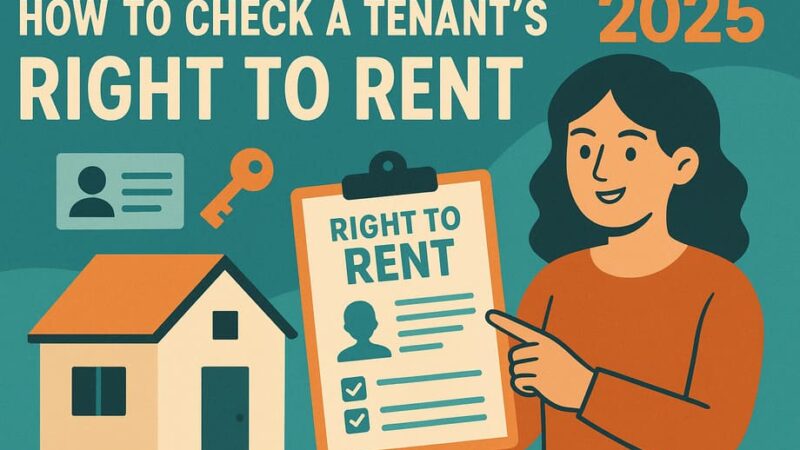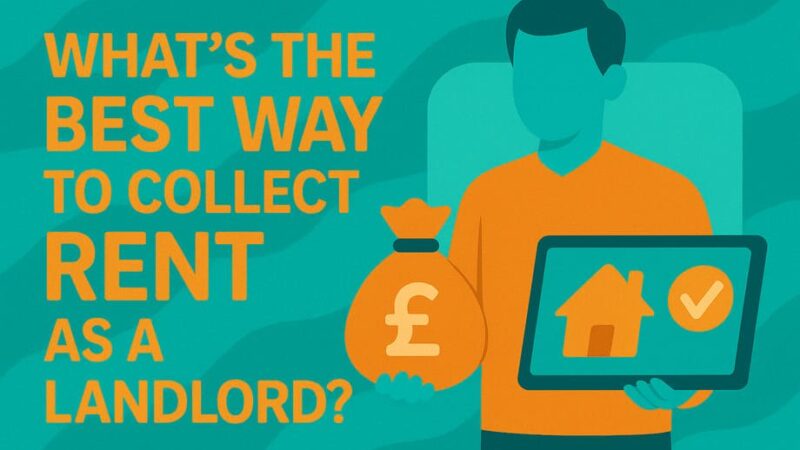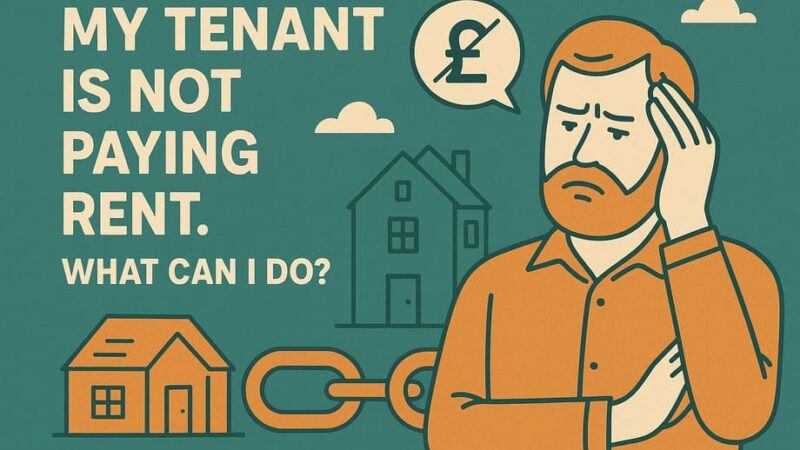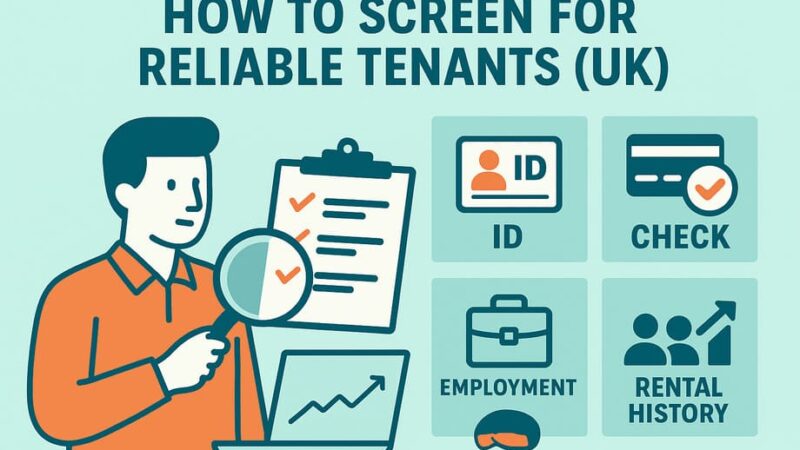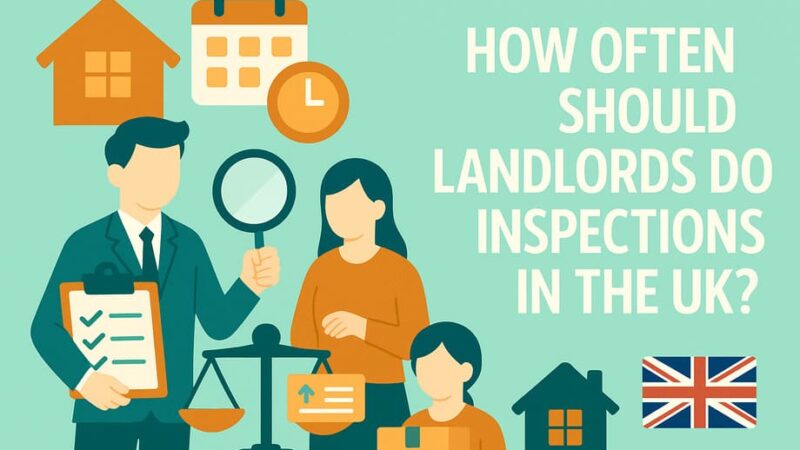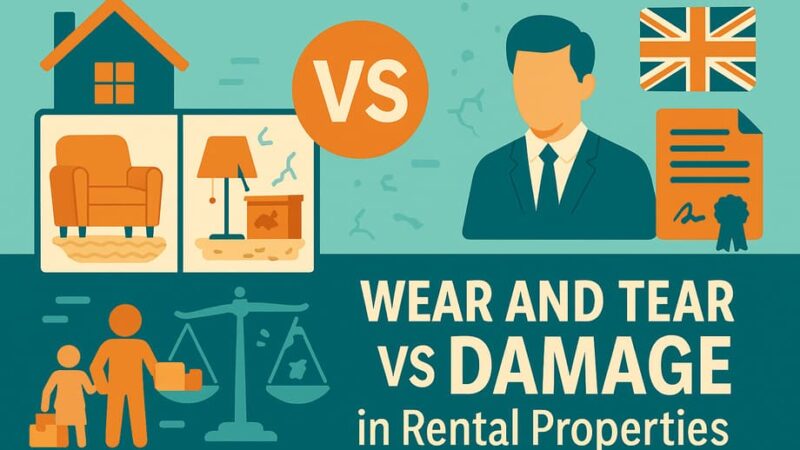How to Avoid Paying Tax on Rental Income – Legal Strategies for UK Landlords
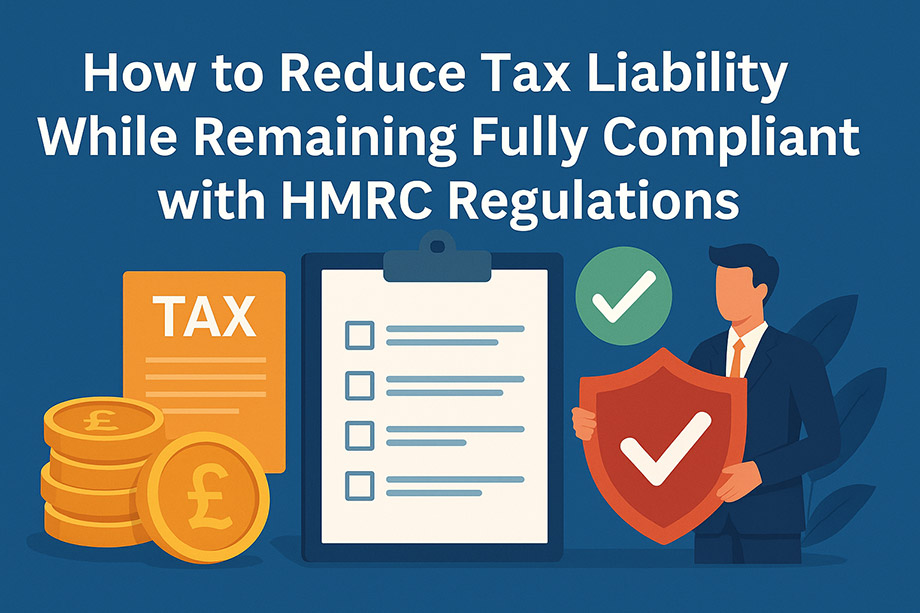
Managing rental properties in the UK can be financially rewarding, but understanding how to avoid paying tax on rental income legally is crucial for maximising your returns. This comprehensive guide explores proven strategies that UK landlords can use to reduce their tax liability while remaining fully compliant with HMRC regulations.
Understanding Rental Income Tax in the UK
Before exploring how to avoid paying tax on rental income, it’s essential to understand the basics of rental income taxation in the UK. As a landlord, you must normally pay income tax on any profit you receive from any rental properties you own. The tax is calculated on your net rental income after deducting allowable expenses.
Current Tax Rates for Rental Income
UK rental income is subject to standard income tax rates based on your total income. For 2024-25, the tax bands are:
- Basic Rate (20%): Annual income up to £50,270
- Higher Rate (40%): Income from £50,271 to £125,140
- Additional Rate (45%): Income over £125,140
Legal Ways to Avoid Paying Tax on Rental Income
1. Utilise the Property Income Allowance
One of the simplest ways to avoid paying tax on rental income is to take advantage of the Property Income Allowance. The first £1,000 of your income from property rental is tax-free. This is your ‘property allowance’. If your rental income is below this threshold, you won’t pay any tax on it.
Important Note: If you claim this allowance, you cannot deduct expenses separately. It’s most beneficial for landlords with minimal expenses.
2. Maximise Allowable Expense Deductions
Tracking allowable expenses is crucial for reducing your taxable rental income. You can deduct various expenses from your rental income, including:
Mortgage Interest Relief
While the rules have changed, you can still claim relief on mortgage interest through a 20% tax credit system. This means you’ll receive a tax credit worth 20% of your mortgage interest payments.
Maintenance and Repairs
You can deduct costs for:
- Property repairs (but not improvements)
- Routine maintenance
- Emergency repairs like fixing boilers or plumbing
Operating Expenses
- Letting agent fees
- Landlord insurance
- Legal fees for tenancy agreements
- Accountancy fees
- Utility bills (if paid by landlord)
- Council Tax (if paid by landlord)
3. Consider Joint Ownership Structures
If you’re both basic rate taxpayers, one option is to set up a business partnership. Business partners share the profits from the business, but each partner only pays tax on their share. This strategy works particularly well if:
- Your spouse/partner is in a lower tax bracket
- You can split rental income to utilise both personal allowances
- You want to avoid higher-rate tax on rental profits
4. Explore Limited Company Ownership
Setting up a limited company to own rental properties can provide significant tax advantages:
- Lower Corporation Tax: Companies pay corporation tax at 19% on profits
- Full Mortgage Interest Deduction: Unlike individuals, companies can fully deduct mortgage interest
- Dividend Tax Efficiency: Extract profits through dividends at lower rates
5. Take Advantage of Rent-a-Room Relief
If the rents are below £7,500 per year, the income is tax-free. This relief applies when you rent out furnished rooms in your main residence, making it completely tax-free up to the threshold.
6. Use Capital Allowances for Furnished Properties
Rental property furnishings, appliances, and fixtures may all qualify for capital allowances claims from limited liability companies. This allows you to deduct the cost of:
- Furniture and furnishings
- Appliances like washing machines and fridges
- Equipment used in the rental business
7. Consider Furnished Holiday Lettings
If you operate furnished holiday lettings that meet specific criteria, you can access additional tax reliefs:
- Property must be available for rent at least 210 days per year
- Must be actually let for at least 105 days annually
- Average occupancy should not exceed 31 days per booking
These properties qualify for business reliefs and capital allowances that aren’t available to standard rental properties.
Capital Gains Tax Strategies
Private Residence Relief
If you’ve lived in a rental property as your main home, you may qualify for Private Residence Relief, which can significantly reduce Capital Gains Tax when you sell.
Lettings Relief
Available for properties that were your main residence before being rented out, this relief can provide up to £40,000 in CGT relief (£80,000 for couples).
Timing Your Property Sales
Strategic timing of property sales can help you avoid higher-rate Capital Gains Tax:
- Sell during low-income years to benefit from the 18% basic rate
- Use annual CGT exemptions (£6,000 for 2024-25)
- Consider spousal transfers to maximise reliefs
Managing Rental Losses
Understanding how to handle rental losses is crucial for long-term tax planning:
Carrying Forward Losses
If your rental expenses exceed income in any tax year, you can carry forward these losses to offset future rental profits. This is particularly useful for:
- New landlords with high setup costs
- Properties undergoing major maintenance
- Periods of low occupancy
Negative Gearing Strategy
While this results in short-term losses, negative gearing can provide long-term tax benefits when combined with capital appreciation.
Record Keeping and Compliance
To successfully avoid paying tax on rental income legally, maintain detailed records of:
- All rental income received
- Every allowable expense with supporting receipts
- Bank statements and financial records
- Tenancy agreements and correspondence
- Property maintenance logs
Professional Advice and Planning
While these strategies can significantly reduce your rental income tax liability, it’s advisable to consult with a qualified tax advisor or accountant who specialises in property taxation. They can help you:
- Choose the most appropriate ownership structure
- Maximise available reliefs and allowances
- Ensure full compliance with HMRC regulations
- Plan for long-term tax efficiency
Key Deadlines and Registration Requirements
Remember these important dates:
- 31 January: Submit Self Assessment returns and pay tax due
- 5 October: Register for Self Assessment if you’re a new landlord
- Contact HM Revenue and Customs (HMRC) if your income from property rental is more than £1,000 a year, up to £2,500
Conclusion
Learning how to avoid paying tax on rental income legally requires a combination of understanding available allowances, maximising deductions, and choosing the right ownership structure. By implementing these strategies and maintaining proper records, UK landlords can significantly reduce their tax liability while building a profitable rental property portfolio.
Remember, tax laws can change, and what works best depends on your individual circumstances. Always ensure you’re compliant with current HMRC regulations and consider seeking professional advice for complex situations or substantial property portfolios.
The key to success is planning ahead, keeping detailed records, and staying informed about the latest tax reliefs and allowances available to UK landlords. With the right approach, you can legally minimise your rental income tax while maximising your property investment returns.
Last Updated on July 29, 2025 by James Cartwright


